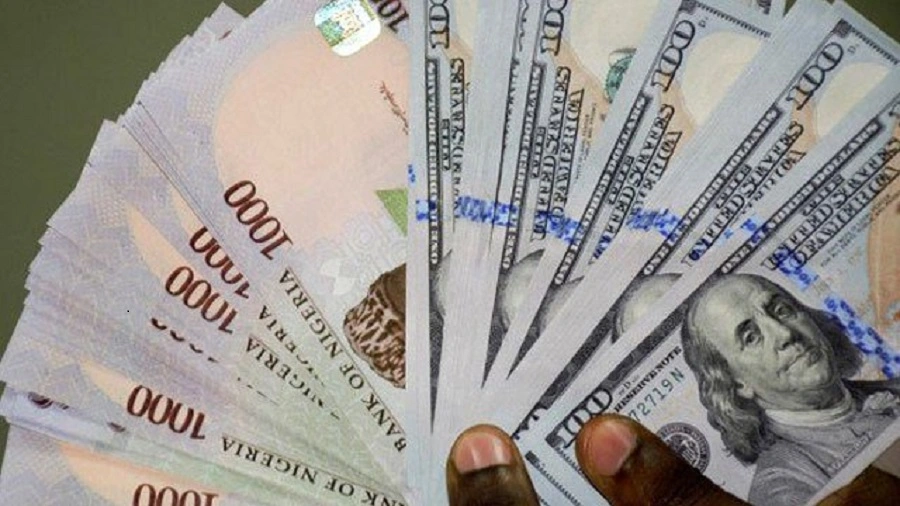The Nigerian naira exhibited strength against the dollar, closing at N831.47/$1 in the official market on November 29, 2023. This positive trend was in line with experts’ expectations, who anticipated a boost in confidence in the currency following the Central Bank of Nigeria’s (CBN) initiative to clear a portion of its foreign exchange (FX) backlog.
The domestic currency appreciated by 6.06%, closing at N831.47 to a dollar, representing a gain of N50.41 or a 6.06% increase compared to the previous day’s closing rate of N841.14. Data from the Nigerian Autonomous Foreign Exchange Market (NAFEM), where forex is officially traded, revealed an intraday high of N1159/$1 and an intraday low of N700/$1, reflecting a wide spread of N459/$1. Forex turnover at the official NAFEM window was $140.35 million, indicating an 18.88% growth compared to the previous day.
In contrast, the naira weakened at the parallel forex market, where it depreciated by 0.26%, quoted at N1160/$1, while peer-to-peer traders quoted around N1159.47/$1.
The CBN reported making tranche payments to 31 banks to clear the backlog of foreign exchange forward obligations. Additionally, the apex bank disclosed the establishment of foreign exchange frameworks to address FX issues. Yemi Cardoso, the CBN governor, announced these developments at the bankers’ dinner in Lagos on Friday.
Cardoso stated, “We have already witnessed improvements in FX market liquidity in recent weeks, as the market responded positively to tranche payments made to 31 banks to clear the backlog of FX forward obligations. We have been subjecting these payments to detailed verification to ensure only valid transactions are honored. In a properly functioning market, it is reasonable to expect significant FX liquidity, with daily trade potentially exceeding $1.0 billion. We envision that, with discipline and focused commitment, foreign exchange reserves can be rebuilt to comparable levels with similar economies.”
The value of the Nigerian currency had been facing challenges due to foreign exchange illiquidity and difficulties in addressing the country’s forex backlog.











